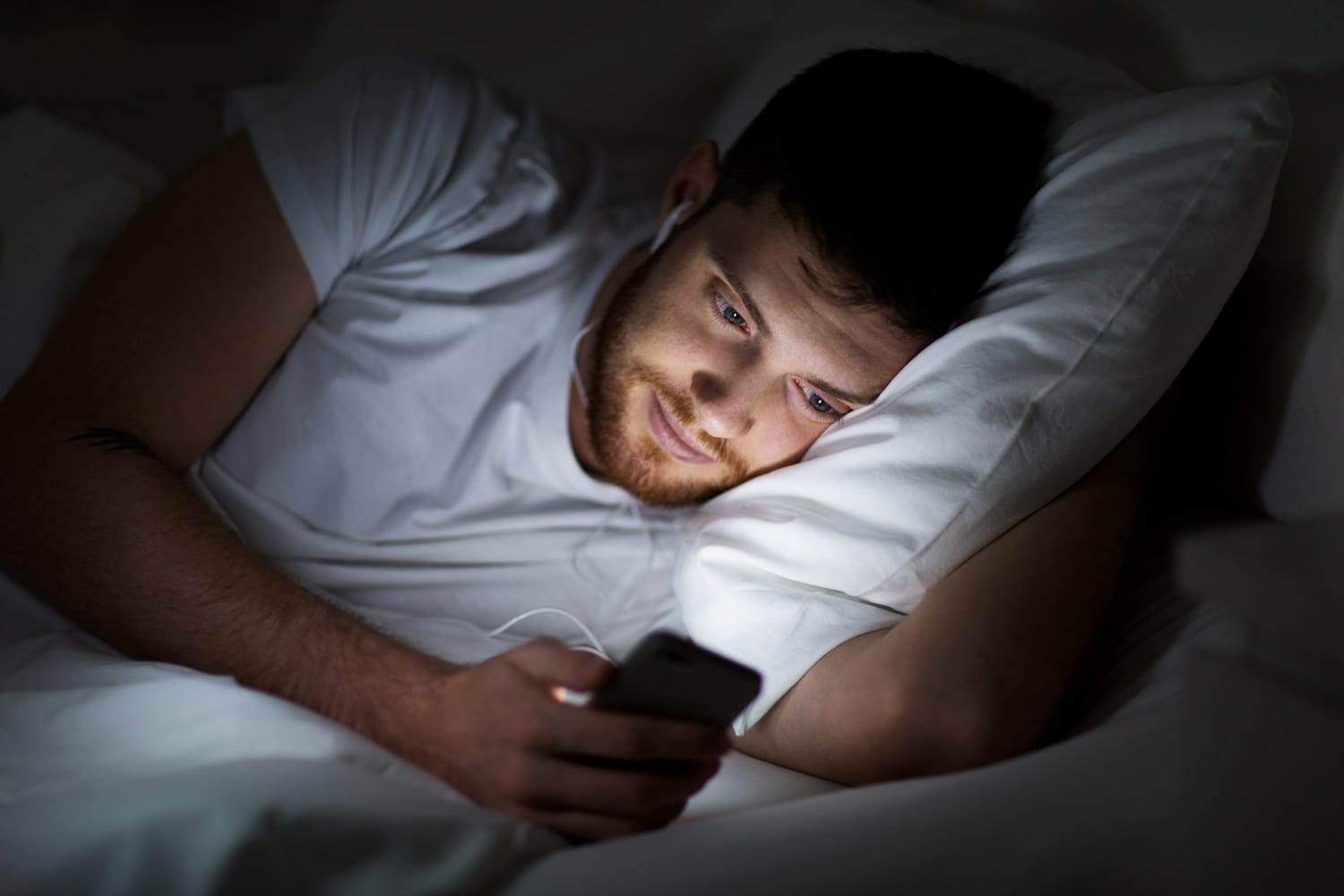A restful night’s sleep is essential for maintaining our general health and well-being. However, in today’s digital age, technology has become an integral part of our lives, often affecting our sleep quality. Excessive screen time, particularly before bed, can disrupt our natural sleep patterns.
Understanding the Impact of Technology on Sleep
Technology, such as smartphones, tablets, computers, and televisions, emits blue light that can interfere with our sleep-wake cycle. Melatonin is a hormone that aids in regulating our sleep, and this hormone is suppressed by blue light. Exposing ourselves to screens before bed can make it harder for us to fall asleep and achieve restful sleep. In this article, we will explore the impact of technology on sleep and provide practical tips to manage screen time for better sleep hygiene.
Tips for Managing Screen Time and Improving Sleep Hygiene
Below are a few tips for sleep hygiene that can help you maintain a healthy lifestyle:
- Set Screen Time Limits: Establish boundaries for screen use, especially in the hours leading up to bedtime. Create a technology curfew and aim to avoid screens at least an hour before you plan to sleep.
- Create a Bedtime Routine: Develop a relaxing routine that promotes sleep. Instead of using electronics, engage in activities like reading a book, having a warm bath, or practicing relaxation methods.
- Dim the Lights: Lower the brightness of screens or activate the night mode feature to reduce exposure to blue light. Adjusting the screen settings can help minimize the impact on melatonin production.
- Avoid Screen Time in the Bedroom: Keep electronic devices out of the bedroom or, at the very least, away from the bed. Designate the bedroom as a technology-free zone to create an environment that is conducive to sleep.
- Replace Screen Time with Other Activities: Find alternative ways to wind down before bed that do not involve screens. Engage in activities like listening to calming music, practicing meditation or deep breathing exercises, or writing in a journal.
- Use Blue Light Filters or Glasses: Consider using blue light filters or wearing blue light-blocking glasses when using screens in the evening. These can help minimize exposure to blue light and promote better sleep.
- Opt for a Digital Detox: Dedicate specific periods, such as weekends or evenings, for a complete break from screens. Disconnecting from technology can help reduce dependency and promote healthy sleep habits.
The Final Thought
Incorporating healthy sleep hygiene practices into our daily routine is crucial for a restful night’s sleep. Managing screen time, particularly before bed, plays a significant role in improving sleep quality. By setting limits, creating bedtime routines, dimming lights, avoiding screens in the bedroom, and finding alternative activities, we can reduce the impact of technology on our sleep. Remember, the Stanford Lifestyle Medicine program offers comprehensive guidance and personalized tips to better sleep to support your journey towards a healthier lifestyle. Prioritize sleep hygiene and experience the transformative benefits it can bring to your overall well-being. For further queries, you can visit the following website- Longevity.stanford.edu/lifestyle.






